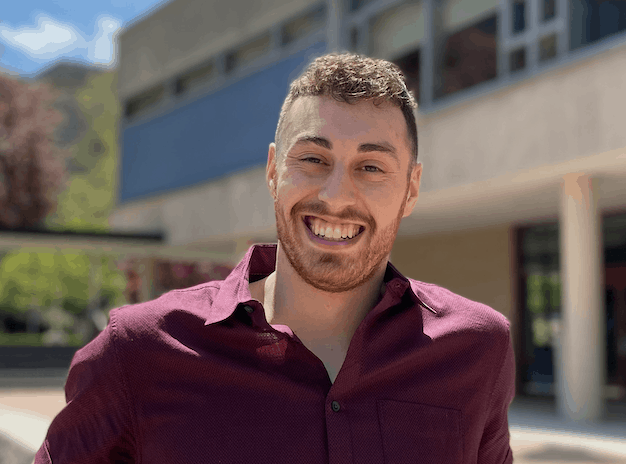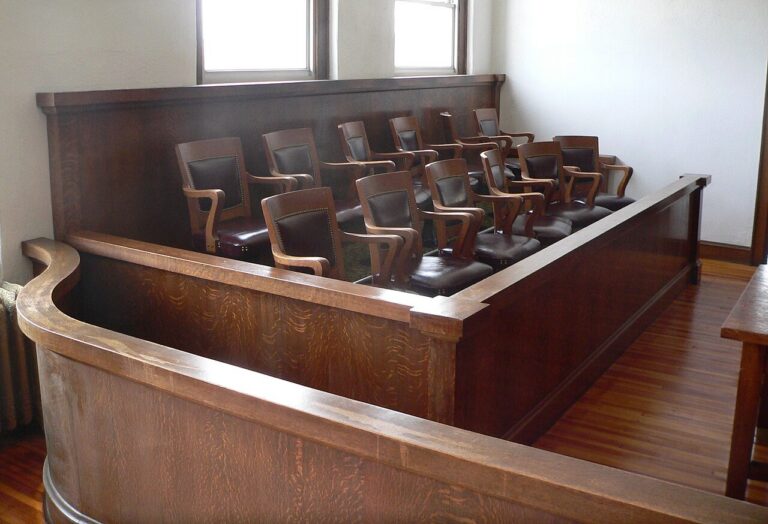
Alex Blutman is a student at Harvard Law School and a member of the Labor and Employment Lab.
One need not look far to identify the toxic workplace cultures that seem to inevitably exist among professional sports organizations. On this blog, we’ve previously covered the Chicago Blackhawks’ failure to adequately handle an allegation of sexual misconduct, the NFL’s investigation into the Washington Football Team, and the widespread abuse that existed in the National Women’s Soccer League. Recent allegations of workplace harassment have now prompted a spate of new law firm investigations at three more organizations. The NHL’s Anaheim Ducks announced a probe into accusations of improper professional conduct levied against the team’s General Manager, Bob Murray, who is now on administrative leave. In Phoenix, an ESPN report detailing instances of racism and misogyny by Suns owner Robert Sarver prompted the NBA to commission a report on the team. And in Portland, the Trail Blazers announced an inquiry into workplace environment complaints reportedly centering on the team’s President of Basketball Operations, Neil Olshey.
The Olshey probe has apparently convinced NBA general managers to ramp up efforts they began in March to form a professional association aimed at supporting front office executives with access to legal defense funds, lawyer referrals, and public relations professionals. The organization would mirror the purpose and structure of the National Basketball Coaches Association. The impulse comes amid fears that teams, which can already fire executives for traditional reasons related to team performance and personal “fit” subject to a buyout, are exploring new ways to pursue “for cause” violations in contracts, allowing them to avoid such payments.
The College Basketball Players Association, a recently formed advocacy group, has filed a complaint with the NLRB accusing the NCAA of violating federal labor law by misclassifying college players as “student-athletes” rather than as employees. The complaint may be the first test of the government’s position on this issue following NLRB General Counsel Jennifer Abruzzo’s September 29 memorandum outlining her position that “players at academic institutions” are employees under the NLRA. NLRB staff in Indianapolis will investigate the complaint and may decide to commence formal proceedings in the form of a hearing before an administrative law judge.
Former Las Vegas Raiders head coach Jon Gruden is suing the NFL and Commissioner Roger Goodell after Gruden resigned last month following the leak of emails he had written containing racist, homophobic, and misogynistic remarks. The emails emerged from an investigation of workplace misconduct at the Washington Football Team. The suit advances tort claims for interference with business relations and alleges the league was negligent in the hiring and supervision of the investigation. Gruden characterizes the email leak as a “malicious and orchestrated campaign” to destroy his career, claims the NFL and Goodell were responsible for or at least failed to prevent the leak, and accuses the league of weaponizing his emails, which were the only ones made public of the roughly 650,000 that were reviewed as part of the investigation. Gruden claims the scandal lost him the balance of his $100 million contract, negated an endorsement deal with Skechers, and caused damage to his reputation.










Daily News & Commentary
Start your day with our roundup of the latest labor developments. See all
February 20
An analysis of the Board's decisions since regaining a quorum; 5th Circuit dissent criticizes Wright Line, Thryv.
February 19
Union membership increases slightly; Washington farmworker bill fails to make it out of committee; and unions in Argentina are on strike protesting President Milei’s labor reform bill.
February 18
A ruling against forced labor in CO prisons; business coalition lacks standing to challenge captive audience ban; labor unions to participate in rent strike in MN
February 17
San Francisco teachers’ strike ends; EEOC releases new guidance on telework; NFL must litigate discrimination and retaliation claims.
February 16
BLS releases jobs data; ILO hosts conference on child labor.
February 15
The Office of Personnel Management directs federal agencies to terminate their collective bargaining agreements, and Indian farmworkers engage in a one-day strike to protest a trade deal with the United States.